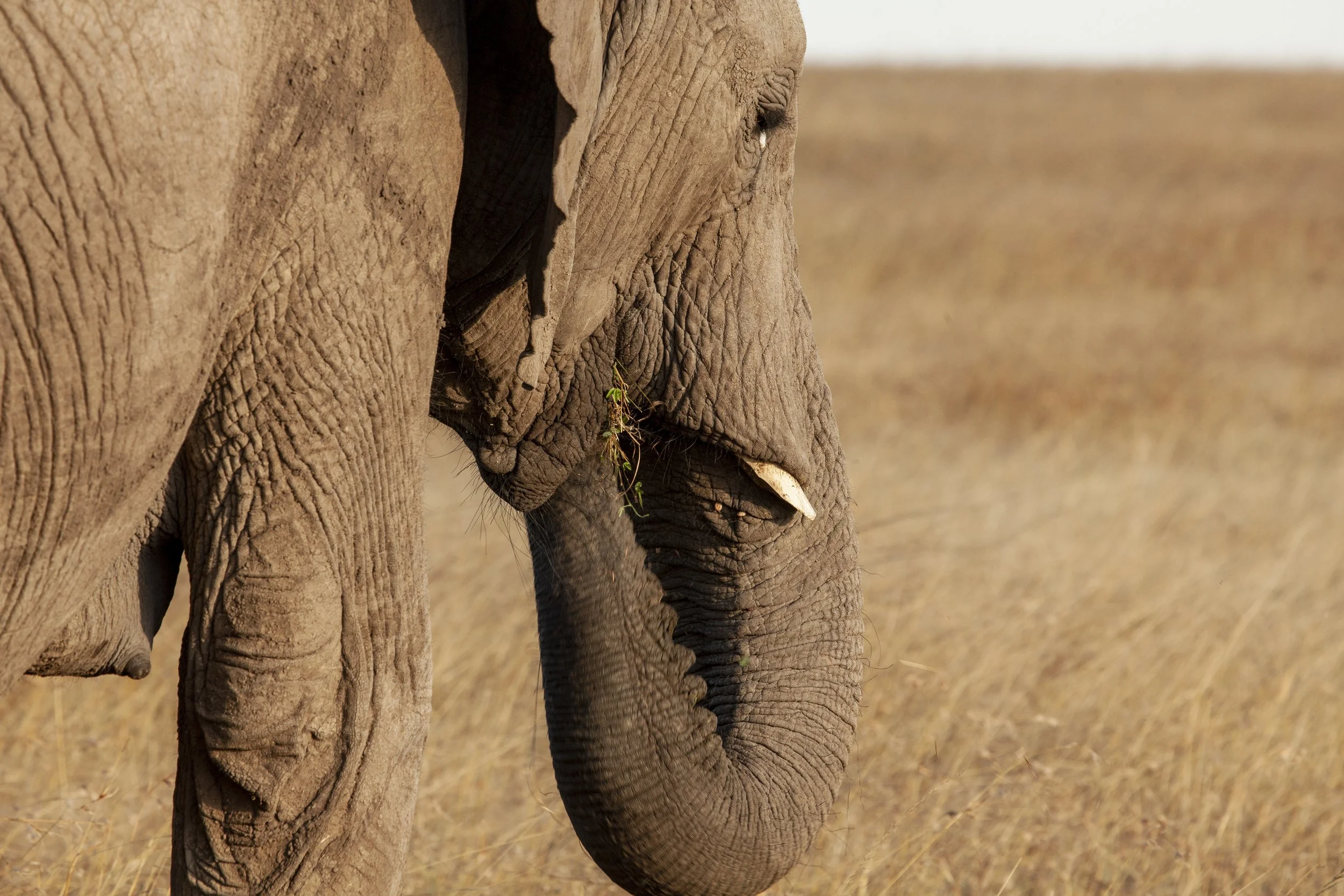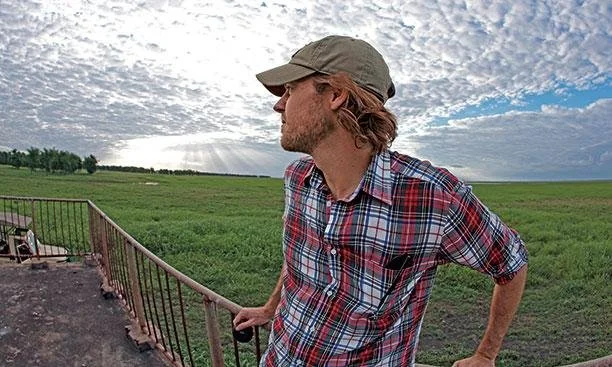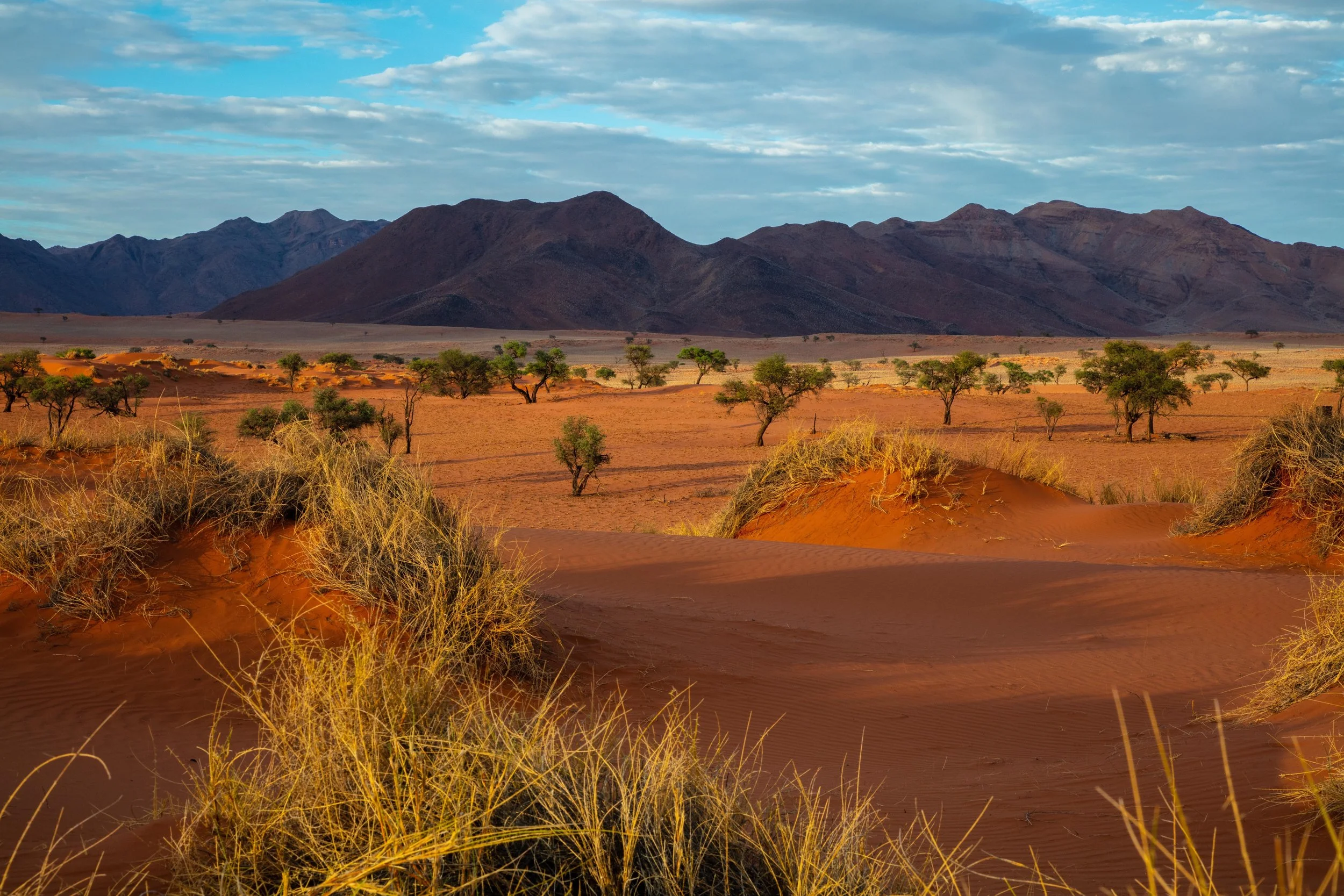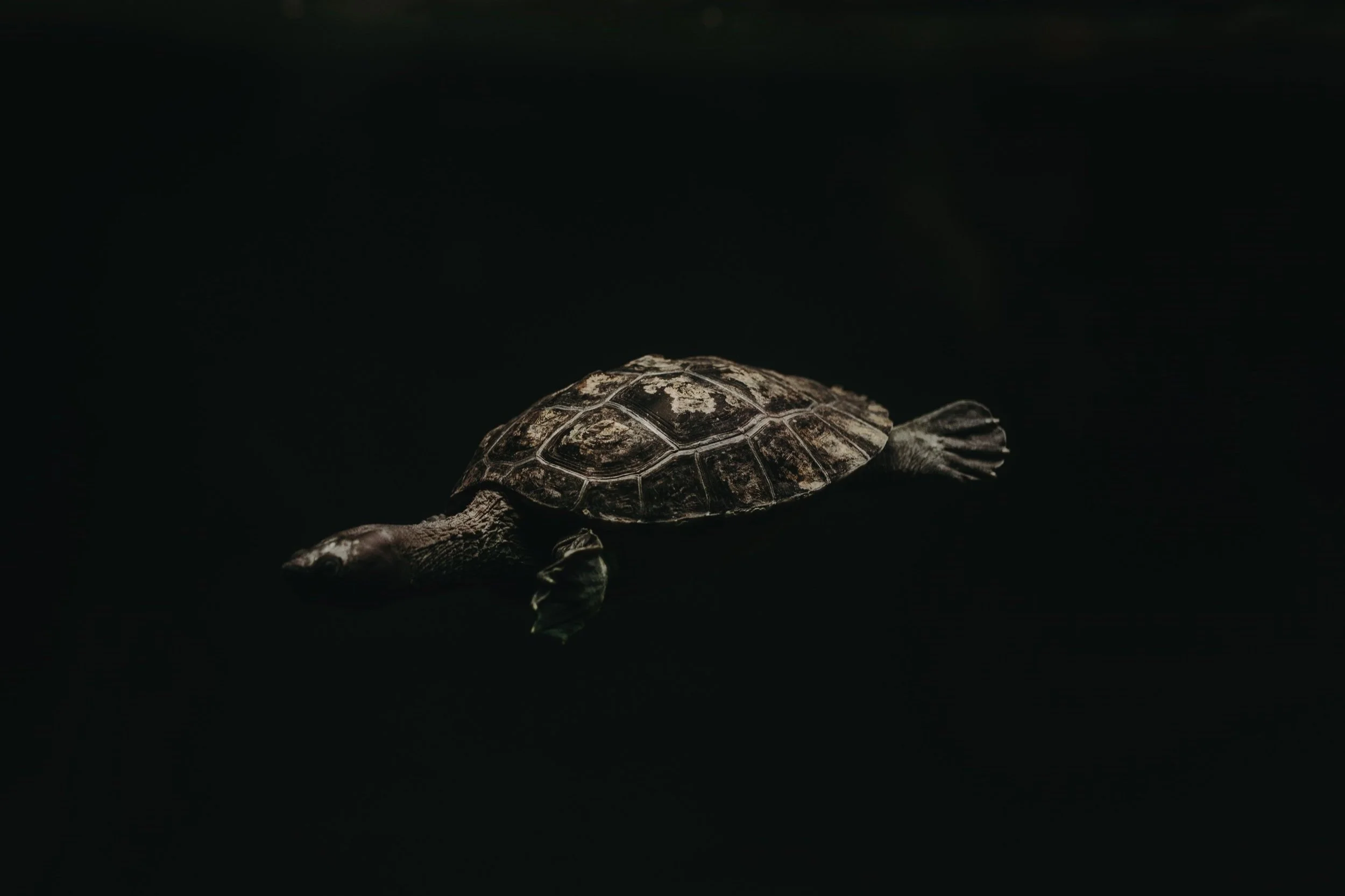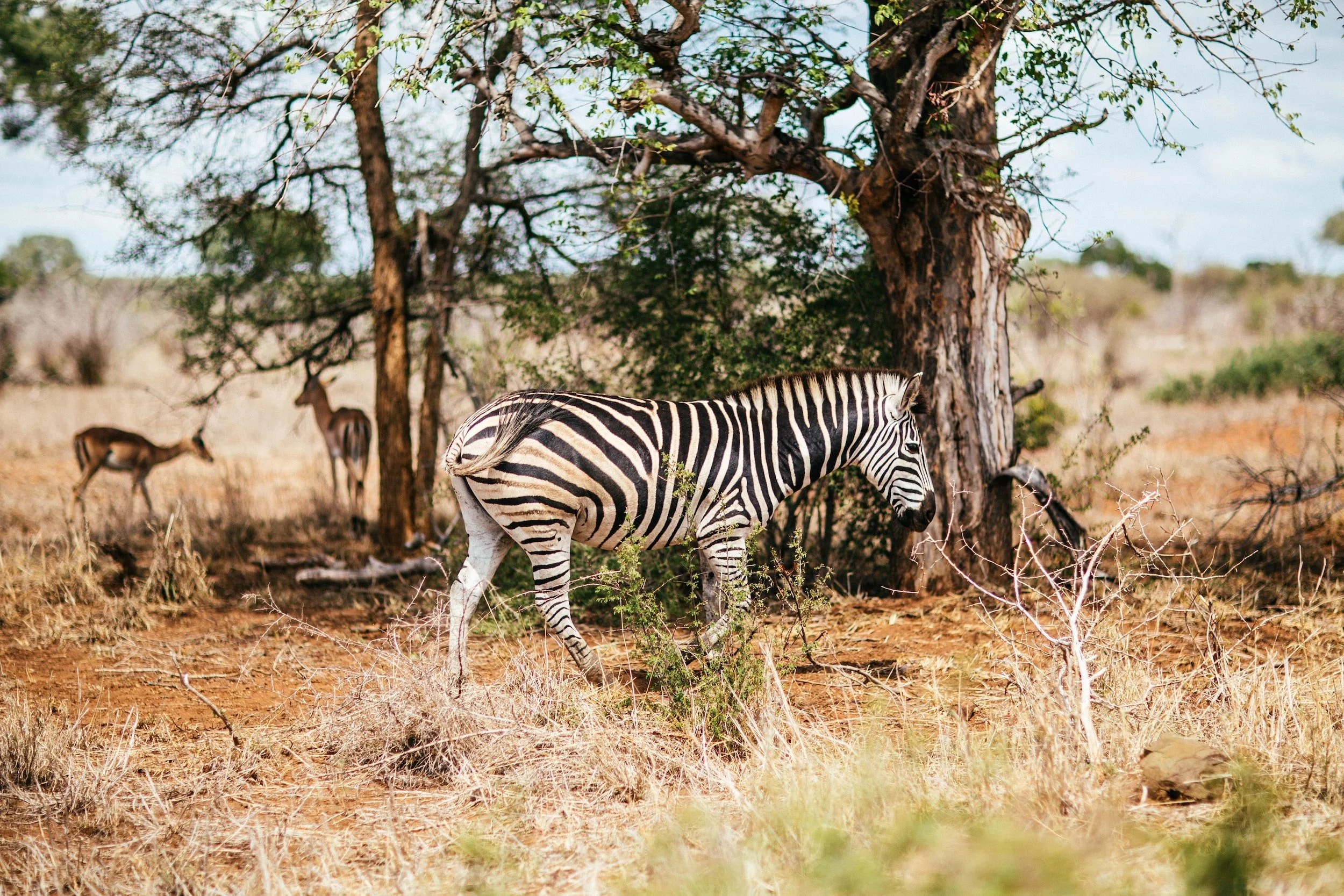Pringle lab news & media
Rob Pringle is learning how to rebuild broken ecosystems
Pringle set out to determine animal diets down to a granular level using a revolutionary technique called DNA metabarcoding.
New study from Rob Pringle on tuskless elephant evolution
Elephants without tusks were left alone by hunters, leading to an increased likelihood they would breed and pass on the tuskless trait to their offspring.
Princeton's “Dare to Venture” video features Rob Pringle
The first “Dare to Venture” video introduces four Princeton voices, one of which is Robert Pringle, PI of the Pringle Lab
A silent victim: how nature becomes a casualty of war
Research on past conflicts suggests that the war in Ukraine could have a profound environmental impact.
Professor Pringle gets inventive with online teaching
Each lecture, Pringle attempts to teach from a different part of his yard.
Psychology Today: Healthy Ecosystems Need Fear
If you give these systems a little bit of space and breathing room, we are discovering they are actually very good at repairing themselves.
Pringle Lab helps discover why female elephants in Gorongosa are frequently born without tusks
Ivory poaching over decades has led to the evolution of tuskless elephants, researchers have found, proving that humans are “literally changing the anatomy” of wild animals.
African wild dogs reintroduced into Gorongosa National Park
As Gorongosa’s carnivores return, scientists hope to find out what happens when apex predators are unleashed in an environment that has adapted to life without them.
New study from Rob Pringle on how invasive species disrupt habitats
Invasive species can dramatically reshape environments and cause extinction.
There was something odd about the bushbuck, the scientists finally decided
Justine Atkins and her collaborators show that there is now a population of bushbuck in Gorongosa that prefer to graze in the open, instead of the forest
In Mozambique, a living laboratory for nature’s renewal
At Gorongosa National Park, scarred by civil war, scientists are answering fundamental questions about ecology and evolution, and how wildlife recovers from devastation.
Since 2012, Pringle has worked with the Gorongosa Project to help restore wildlife
Wildlife, not just people, suffer long-term damage during civil conflicts.
War’s Other Victims: Animals
Over decades, armed conflict has reduced animal populations in Africa more than any other factor, according to new research.
The Economist: How war affects wildlife
Conflict’s other casualties: when humans fight, animals suffer too
Fishing for clues to solve Namibia’s fairy circle mystery
“Everyone was focusing on the circles and not what was happening in between them,” said Robert M. Pringle, an ecologist at Princeton and another author on the paper.
Washington Post: theory seeks to explain Namibia's 'fairy circles'
One of nature's most puzzling spectacles - the "fairy circles" of Namibia - may have been explained by a new scientific theory.
New study from Rob Pringle gives us answers to the mysterious “fairy circles”
No one is certain what causes the enigmatic “fairy circles” of the Namib Desert.
Extinction Up Close: A Rare Turtle Under Assault from Poachers
Earth is in the midst of a human-driven “mass extinction” spasm on the scale of past mass die-offs triggered by geophysical calamities.
New York Times: No food fights for large African herbivores
How is it possible that so many large herbivores coexist in Africa? That incredible diversity is possible because each species has a distinct diet, a Pringle Lab study concludes.
New York Times features Termites: Guardians of the Soil
Termite mounds may serve as oases in the desert, allowing the plants that surround them to persist on a fraction of the annual rainfall otherwise required and to bounce back after a withering drought.








